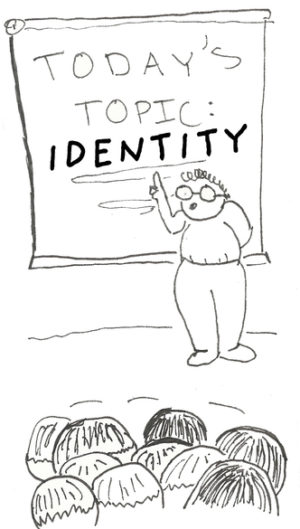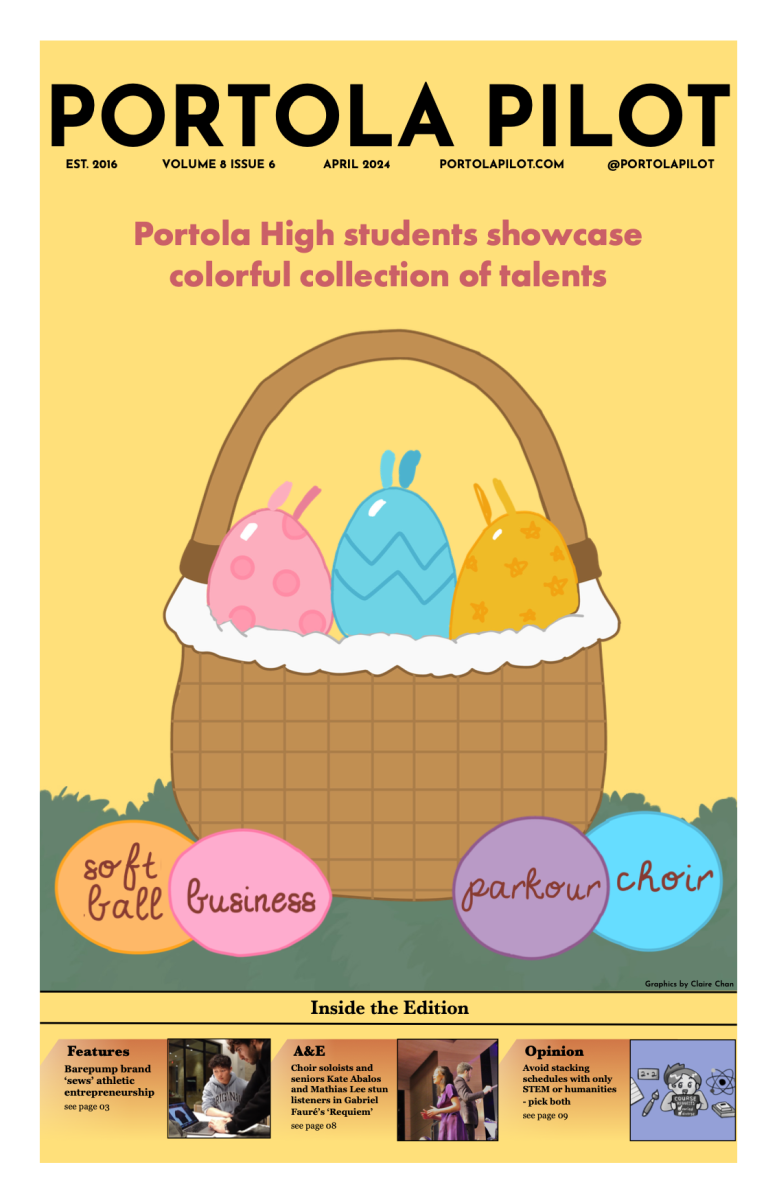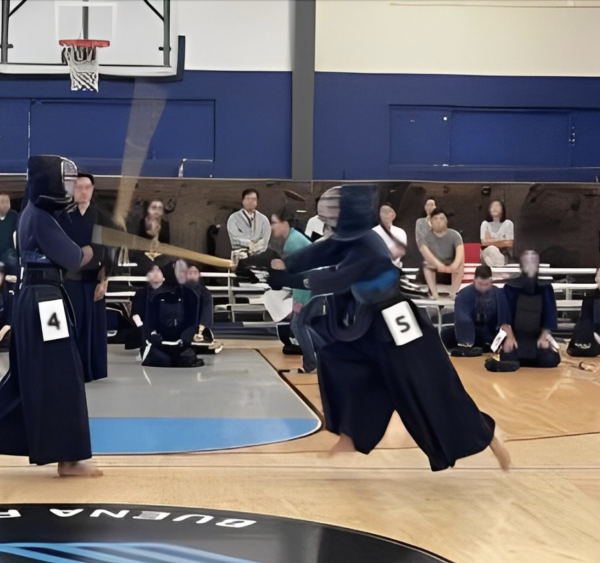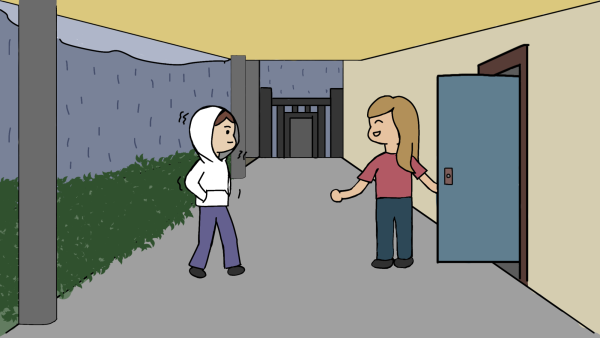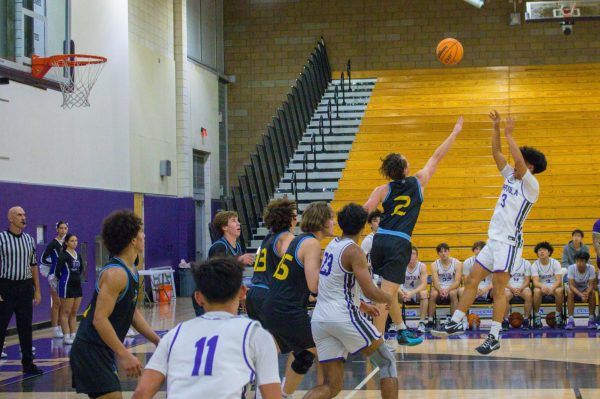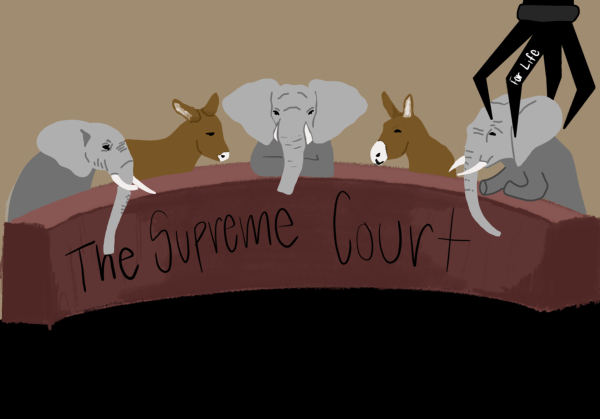Embrace the Controversy!
April 10, 2019
We live in a world where being politically correct (PC) is necessity for logical debates. Tiptoeing around sensitive topics in the school environment has become a common occurrence, one that should come to an end.
There’s no doubt that PC culture has had a positive impact on maintaining the professionalism of workplaces and schools. However, the fundamental idea behind PC culture is to avoid controversial debates that lead to conflict, and that in it of itself is the problem.
According to the New York Times, hate crime rates are rising every year, not due to increased bigotry, but because of a lack of reasonable debates between the communities that are in conflict.
Planting the seeds for future generations is the responsibility of teachers, and they should strive to stir up controlled controversy so help their students.
Students should be given the opportunity to debate in structured settings, because it pushes them to research both sides of the controversy they are studying.
The beauty of debate lies in making students argue a side they don’t necessarily agree with. Personal and religious beliefs don’t factor into a logical and coherent argument, and pushing students outside of their comfort zones allows them to become more cognizant of all opinions surrounding a controversy.
Although some may argue that modifying the views of students goes beyond the duties of an instructor, the purpose of such debates is not to sway stances, but give students the opportunity to embrace all parts of an argument so they can make informed decisions.
Ultimately, controversies are fueled by adults who tightly hold onto ideals and beliefs. It’s much harder to change the perspective of someone who is older and more educated than a student who is inexperienced and unexposed to need media and other external influences.
However, the impact of such debates goes far beyond simply giving students the opportunity to remove their obstructed political lenses. Understanding the opposing side of an argument before coming to a conclusion is a valuable skill, and something all students should be given the opportunity to learn.



